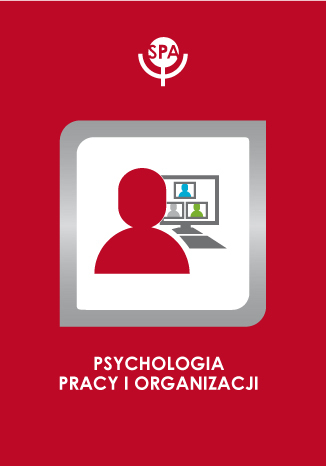Wsparcie w pracy i spostrzegane wsparcie organizacyjne kobiet powracających do pracy po urodzeniu dziecka

Małgorzata Dobrowolska, Jagoda Sikora
DOI:10.14691/CPPJ.24.1.127
Rocznik: 2018 Tom: 24 Numer: 1
Strony: 127-132
The aim of this article is to analyze the perceived organizational support and the experienced support at work, by women returning to work after a break cause by child’s birth. The authors of the article focused on a study of group of 345 women who, after the maternity leave have returned to work, and decided to fill out the Questionnaire Areas of worklife Ch. Maslasch and M. Leiter (in the Polish adaptation of A. Izwantowska and J. Terelak) as well as the questionnaire about their professional and family situation. The most important conclusion from the study was the correlation between perceived organizational support and social support with years of service of mothers who returned to professional duties six months after the birth of a child. Women with seniority working for the same employer went significantly smoother through the adaptation process. Social support plays an important role in the battle against stress. It has been known, based on previous studies (e.g. Wiese, 2012) that a woman’s return to work after the birth of a child is burdened with severe stress and is a difficult situation, which inspired the research in question.









 Pobierz pełny tekst
Pobierz pełny tekst



